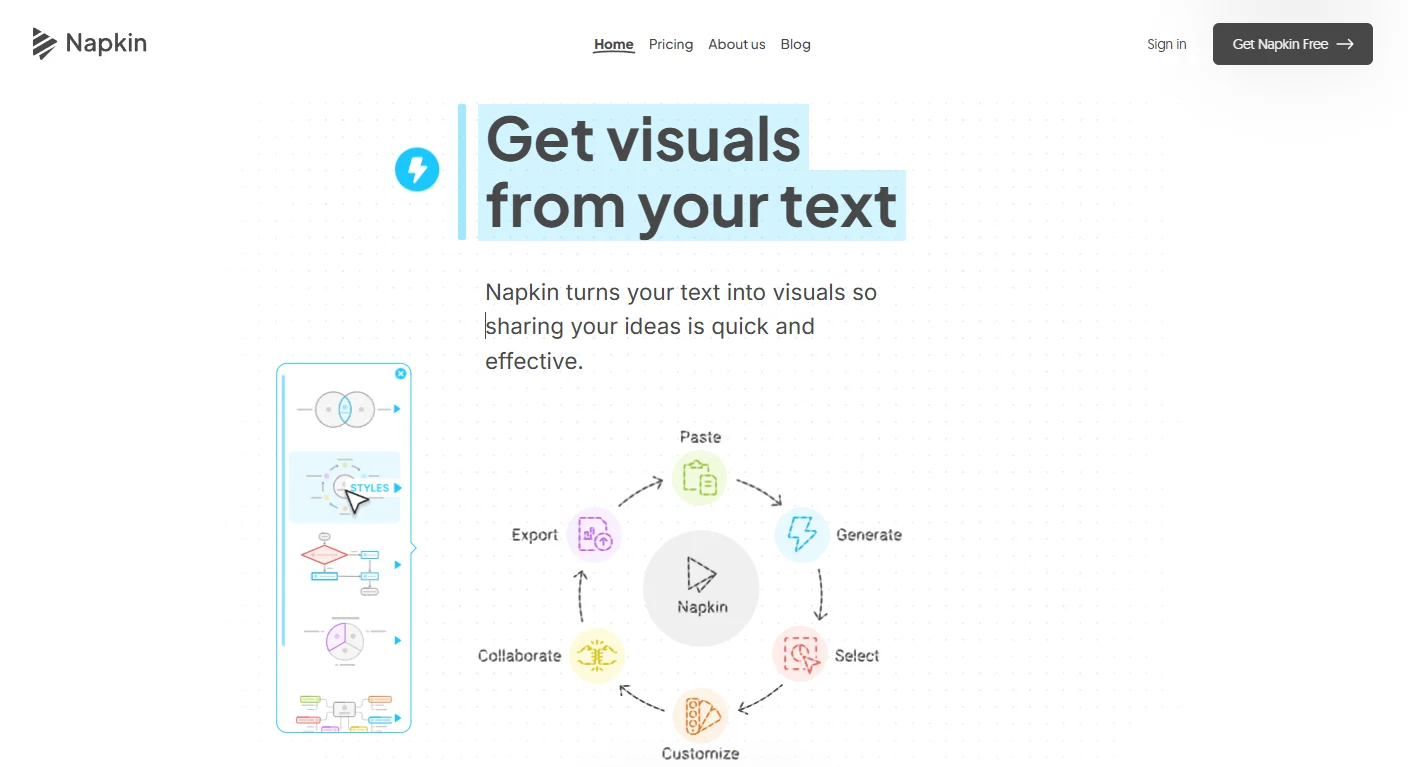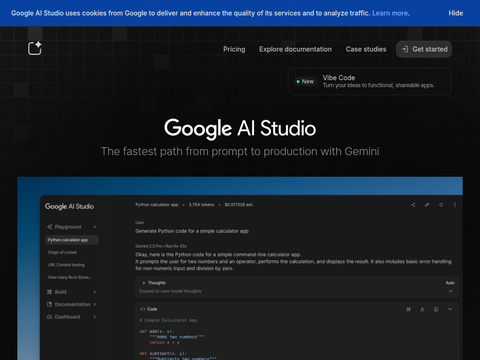MCP servers are a specialized type introduced by Cloudflare as part of its infrastructure to support secure and efficient execution, debugging, and management for AI agents. The concept revolves around providing AI agents, including those used for autonomous workflows or natural language interfaces, with secure and controlled access to tools and data. Rather than running arbitrary workloads, these servers create strictly scoped, auditable environments that expose specific capabilities to AI models.
Cloudflare's new MCP servers introduce several key features aimed at enhancing how AI agents interface with cloud infrastructure. Below is a detailed description of the thirteen new servers and their functions, as outlined in Cloudflare’s blog post. The Workers Observability server provides valuable insights into application logs and errors, a crucial feature for rapid debugging and performance optimization. It allows both AI agents and developers to diagnose issues more efficiently.
The Radar server gives AI agents access to global internet traffic data, enabling complex analyses of network trends and anomaly detection. This supports a wide range of use cases, from cybersecurity to performance monitoring.
The Logpush server plays a critical role in summarizing log data, making it easier to identify and resolve issues within log delivery mechanisms. It ensures logs reach their intended destinations while maintaining visibility over log workflows.
The AI Gateway server enables the inspection of AI gateway logs, allowing agents to review prompt history and model responses. This facilitates better debugging, fine-tuning, and understanding of AI behavior within applications.
The AutoRAG server is particularly useful for enabling AI agents to search and retrieve information from documents. By grounding AI outputs in reliable and relevant data sources, it enhances the accuracy of responses.
The DNS server allows AI agents to query and manage DNS records. By providing access to DNS configurations, agents can assist with domain management, resolving DNS issues, and ensuring proper routing of internet traffic.
The KV (Key-Value) server lets AI agents interact with Cloudflare’s key-value storage system. This is essential for managing configuration data, feature flags, and other dynamic settings that applications rely on for real-time operations.
Through the Pages server, AI agents can access and manage Cloudflare Pages deployments. This includes monitoring deployment status, viewing build logs, and triggering new deployments, thereby simplifying continuous integration and deployment processes.
The Queue server provides AI agents with the ability to interact with message queues. This is especially useful for managing asynchronous tasks, handling background jobs, and ensuring reliable communication between different parts of an application.
AI agents can leverage the R2 server to access Cloudflare’s object storage solution. This allows for uploading, retrieving, and managing large datasets or media files, which is vital for applications dealing with substantial amounts of unstructured data.
The Turnstile server enables AI agents to configure and monitor Cloudflare’s CAPTCHA alternative. By managing Turnstile settings, agents can help protect applications from automated abuse while ensuring a seamless user experience.
Finally, the Audit Logs server facilitates querying audit logs, which is crucial for maintaining compliance and conducting thorough security audits. It provides traceability of AI interactions with the system.
These servers are accessible to any MCP client that supports remote connections, including platforms like Claude.ai. This advancement marks a step toward more seamless integration between AI agents and cloud services, promoting efficiency and automation across various operational tasks.








